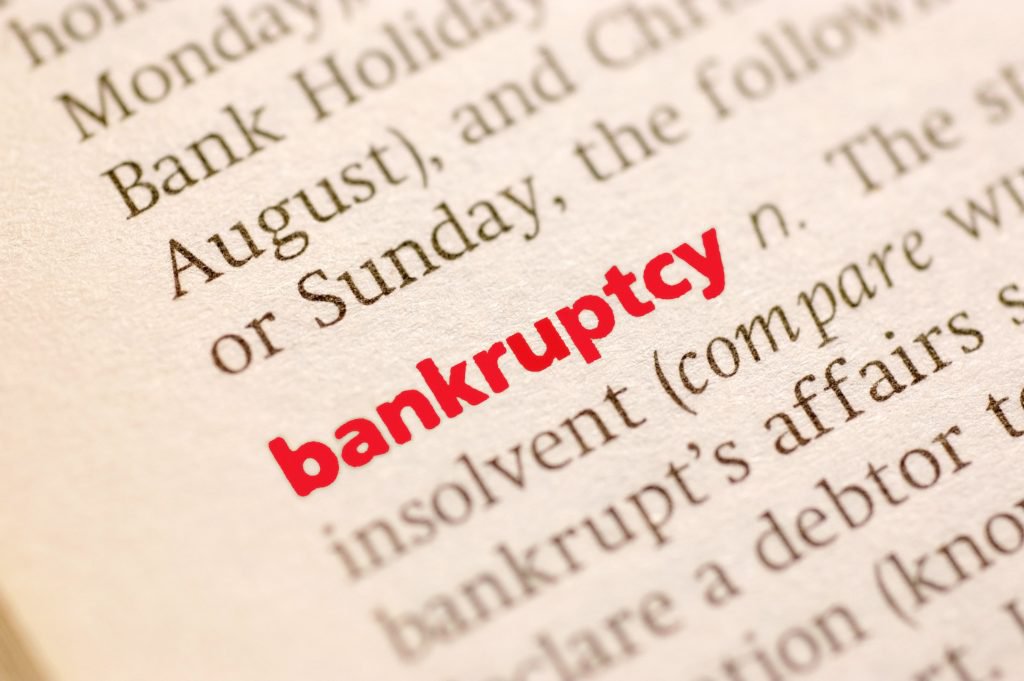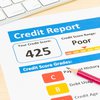Can You Qualify for a Mortgage After a Bankruptcy or Consumer Proposal?

Can You Qualify For A Mortgage After A Bankruptcy Or Consumer Proposal?
You may think that after you file for bankruptcy or a consumer proposal you may either never be able to qualify for a mortgage again, or you might have to wait for many years before you do. That is an incorrect assumption that many Canadians make, and you may be able to qualify for a mortgage or home refinance much sooner than you think.
When Can You Buy A Home After A Consumer Proposal Or Bankruptcy?
This is a very common question among home buyers in Canada. Depending on the type of lender that you are open to approaching, you might be able to qualify for a mortgage to buy a home as soon as you are discharged from your bankruptcy or pay off your consumer proposal. Many alternative lending institutions will lend to buyers who have just finished paying off their consumer proposal or have just been discharged from a bankruptcy. These come with higher interest rates, but can be taken for a shorter 2 or 3 year term while and can be a great way to start rebuilding your credit score.
Though we do not recommend it, if you are adamant about getting a mortgage while you are still in the middle of your bankruptcy or consumer proposal, there are several private mortgage lenders who may be able to help. The interest rates on these mortgages are much higher, that is why we do not recommend getting a private mortgage for a property purchase until after you have paid off your consumer proposal and are discharged from your bankruptcy. We recommend paying off your consumer proposal in full prior to taking out a large new mortgage debt.
If you have just paid off your consumer proposal or are newly discharged from your bankruptcy and have at least 20% as a down payment, you might be able to qualify for a mortgage from a B-lender on a home purchase immediately, depending on your income and a few other factors.
If you are hoping to qualify for a mortgage with an A-lender or conventional bank, or you have less than 20% for a down payment, then you would need to wait at least 2 years and improve your credit score significantly. This is best done by opening and maintaining at least a two or three credit tradelines and ensuring that you clean up any errors on your credit report, and you will almost always find errors in your credit report after a consumer proposal or bankruptcy. If you have less than 20% as a down payment, then you will need to be able to qualify through a conventional bank for a high-ratio mortgage that is insured against default by CMHC, Canada Guaranty, or Genworth.
When Can You Refinance Your Home After A Consumer Proposal Or Bankruptcy?
Refinance your existing mortgage while you are still in the middle of a bankruptcy or consumer proposal can be an easy process depending on the lender. In fact, Clover Mortgage has helped many homeowners refinance their existing mortgages in order to take out extra cash to pay off their consumer proposals or complete the bankruptcy process and get discharged. If you have enough equity available in your home, you can refinance your home or take out a second mortgage in order to pay off your consumer proposal or bankruptcy debt.
Should You Pay Off Your Consumer Proposal Or Bankruptcy Debts When You Refinance?
If you are looking to refinance your mortgage through a B-lender in order to get a better rate and term, then yes, you will need to pay off your entire consumer proposal or bankruptcy debts using the additional funds that you draw from your refinance. If you are not looking to pay off your consumer proposal, then your only option for a refinance would be to turn to a private mortgage lender, though the interest rate will be significantly higher. This is not something that we recommend doing, unless you have very specific reasons to do this that make financial sense.
What Are The Benefits To Paying Off Your Consumer Proposal Early?

There are several reasons why you would want to pay off your consumer proposal early. Here are the 4 main reasons to do so:
-
You Will Need To Renew An Existing Mortgage:
If you have an existing mortgage with a lender and you have another credit product such as a car loan or credit card with that same lender that you included in your consumer proposal or bankruptcy, there is a high chance that the lender will not be offering you the option to renew your mortgage when it comes due. For example, if you have a mortgage with Scotia Bank that is up for renewal in a year or two, and you included a Scotia Bank credit card as part of your consumer proposal or bankruptcy, they will likely not renew your mortgage. This means that you need to be able to qualify with another lender in order to be able to keep your house and mortgage up to date. -
Rebuild Your Credit:
When you file for a bankruptcy or consumer proposal, your credit score plummets. In order to start being able to rebuild and improve it, you need to bring all of your debts up to date. The best way to do this is to completely pay off your consumer proposal and bankruptcy debts as quickly as possible and ensure that you continue to stay current on all payments moving forward. -
Qualify For New Credit:
While your consumer proposal and bankruptcy debts are still hovering over your head, you will find it hard and at times next to impossible to qualify for new credit. The fastest way to start being able to leverage credit responsibly is to pay your outstanding consumer proposal or bankruptcy debts in full. A consumer proposal is taken off of your credit record either 3 years after you’ve paid it off, or 6 years after you’ve filed it. By paying it off sooner, you don’t have to wait the full 6 years for it to fall off of your record. -
Improve Your Cashflow:
If you are in the middle of a consumer proposal or bankruptcy, you are likely to feel extra restricted due to having very little cash, if any, left in your bank account at the end of each month. With most home refinances that we help our customers qualify for where they are looking to pay off a consumer proposal or bankruptcy debts, we almost always end up getting them extra cash in their pockets, provided that they have enough equity available in their homes. This extra cash can go a long way to helping them improve their cashflow and alleviate some of their financial stressors.
At the end of the day, your goal should be to be able to improve your credit and qualify for the best possible mortgage product. A qualified mortgage broker will help find the best lender who will offer you the best mortgage rate and term based on your specific situation. Over time, the mortgage agents at Clover Mortgage work with our clients to help get them rebuild their credit so that they can qualify for a new purchase mortgage or home refinance with an A-lender at the lowest possible interest rates.
Call or text us today at 416-674-6222 or toll free at 1-800-673-2230 , or email us at info@clovermortgage.ca to speak with a licensed and experienced mortgage broker and find out how much of a mortgage refinance or home purchase mortgage your can qualify for today.





